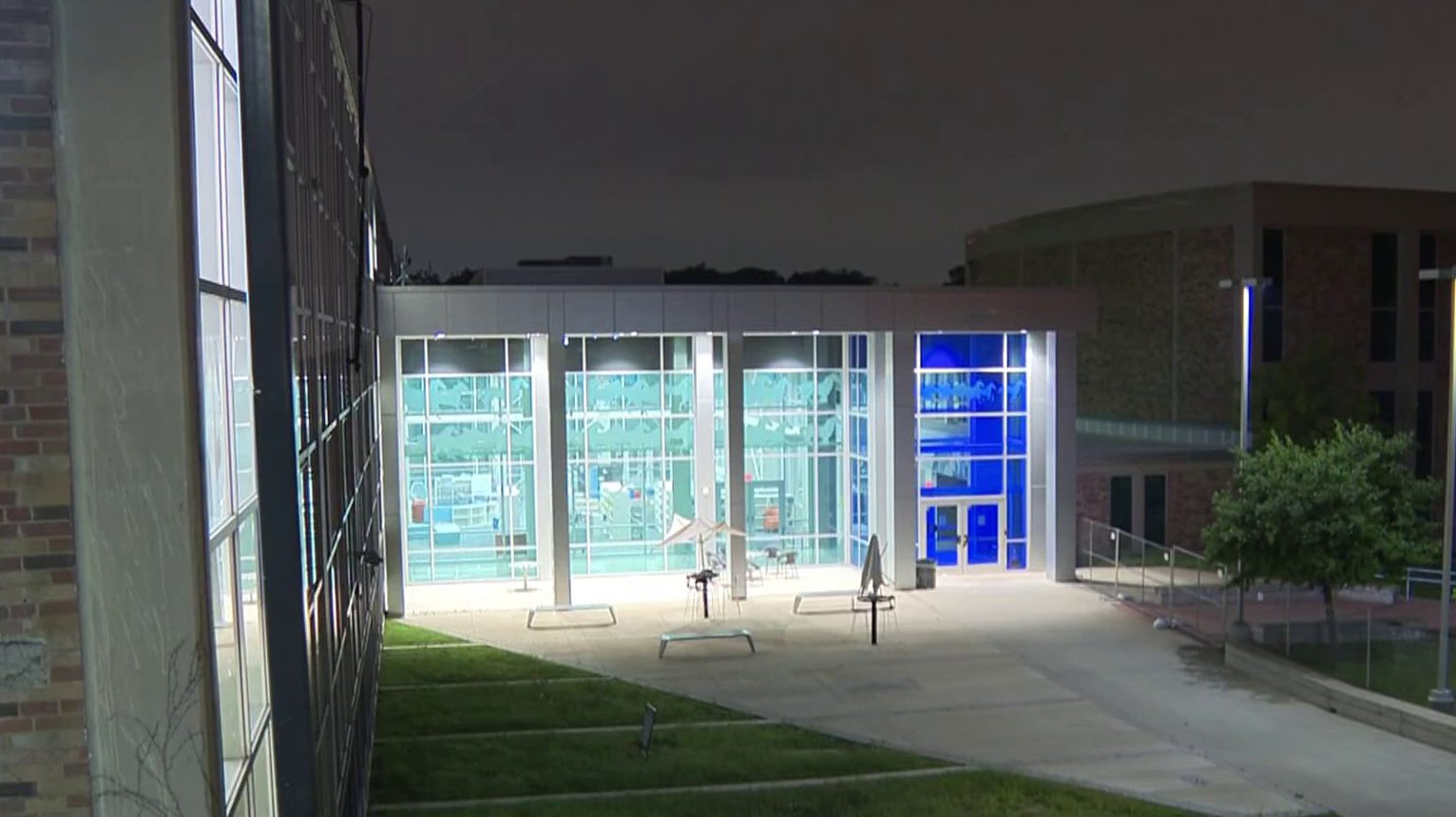Documents exposed on Wiki leaks claim to hold details about secret techniques that exploit security vulnerabilities in common devices like our phones and TVs.
Phone in hand, Natasha Goodley can control nearly everything in her home.
"Super convenient to be able to track everything, including my security cameras," says Goodley.
Bedroom lights, thermostat, door locks, and all of it is hooked to the internet.
"So whether I'm home or here, I can turn the lights on, I can monitor my home."
And she's not alone.
It's called the internet of things, where anything with an on/off switch can potentially be connected online.
Local
The latest news from around North Texas.
A simple stroll through local appliance stores proves the point.
You'll find internet capabilities on appliances like refrigerators. It has cameras to show you what's inside when you're not at home.
You can even go online, on the fridge.
Washers and dryers connect to cyberspace, too.
And of course, smart TVs, which that recent Wiki leaks document dump claims can be easily hacked.
"They're a step ahead of the security apparatus," said Mit Patel of MIT Computers.
Patel says there are ways to protect yourself.
First, make sure you click on those security updates, whether they're for your phone or your fridge. They could be designed to fix a security flaw.
Also, think about hiring a professional to set up a home firewall, or security barrier.
"You can have personal firewalls, maybe corporate levels or enterprise level. It may be the (new) norm for individuals because there's so much - so many devices can be connected to the internet," said Patel.
Goodley tries to stay on guard, but knows hackers could strike anywhere.
If you're one of those people who installs every phone update and pays attention to notes from the manufacturer then you're probably OK.
But if you don't download the updates to the TV or fridge because you say it's a TV or a fridge, now you know why it may be a good idea.



